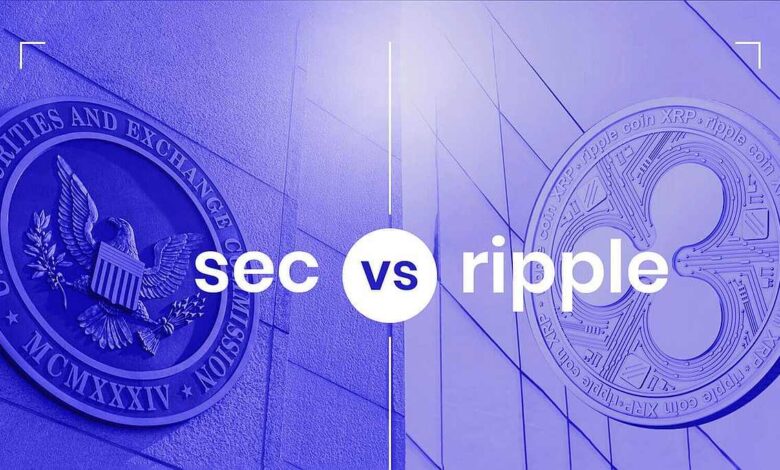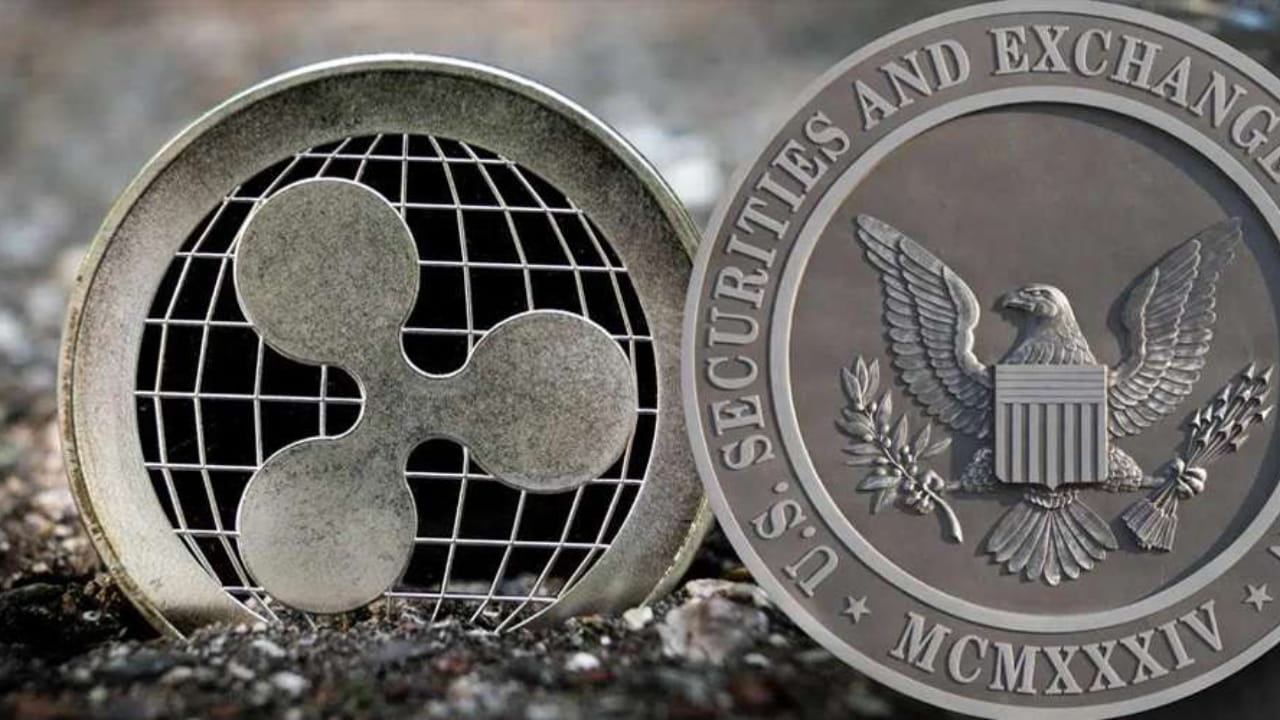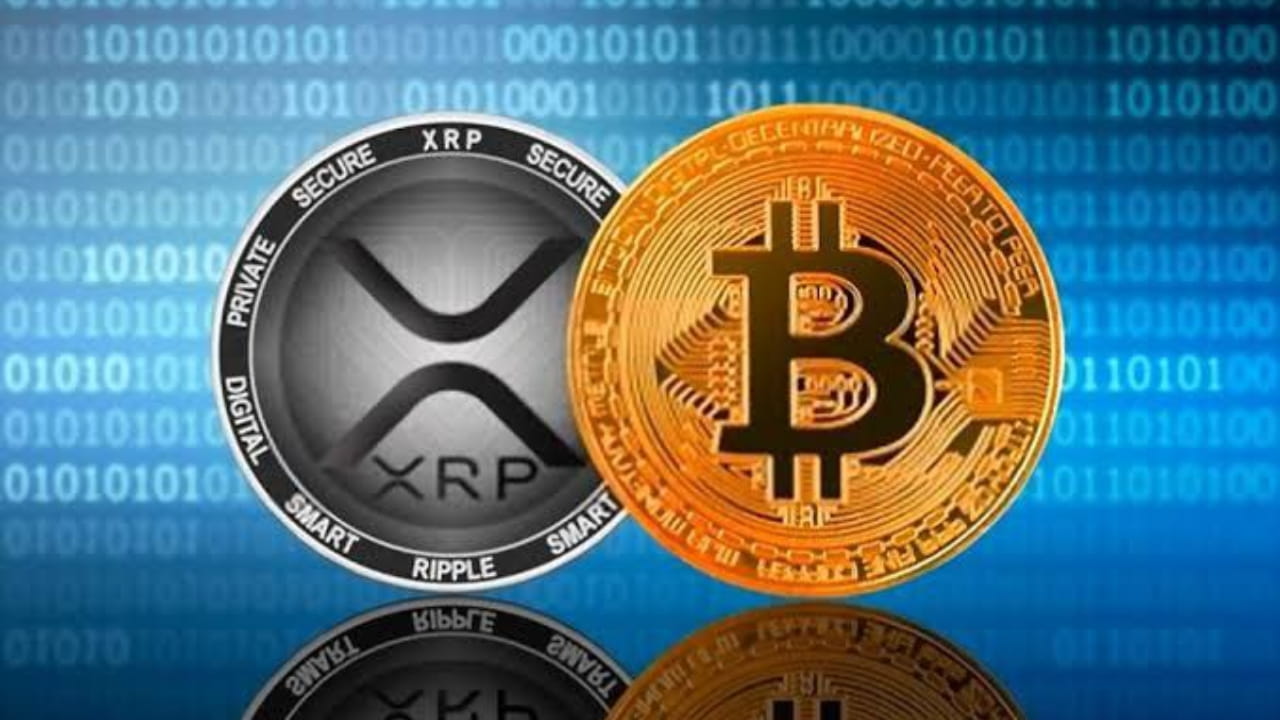Ripple vs SEC XRP Price Drop & Bitcoin’s Resilience Amid Legal

A U.S. judge’s verdict changed cryptocurrencies. Since the court rejected the Ripple SEC lawsuit Labs deal, XRP’s value has plummeted. BTC, the largest cryptocurrency by market cap, remains above $100,000. This paper discusses these changes, the XRP legal issue, how they effect the Bitcoin Market, and why Bitcoin is still robust despite volatility.
SEC vs. Ripple Lawsuit
Ripple Labs has been sued by the SEC for over three years for selling XRP in an unregistered securities offering. The case might create a precedent for US regulation of other digital assets, affecting the Bitcoin industry. The SEC claims XRP is a security and should have been registered before selling it to investors. Ripple claims that XRP is a digital currency and not a security, hence the SEC does not regulate it.

Throughout the litigation, Ripple has won crucial victories. In 2023, Judge Analisa Torres decided that secondary market XRP sales were not securities offerings, a major triumph for Ripple and the crypto industry. The matter continues, and legal fights continue. Many industry observers believed Ripple’s SEC settlement would conclude the case. But the judge’s rejection of the deal has raised questions about XRP’s future.
XRP Price Drop
XRP’s price fell dramatically and dropped significantly when the judge decided against the SEC settlement. The revelation set off a frenzy of trading activity among dealers that reduced XRP’s market capitalization. The denial of the settlement immediately affected the value of XRP since investors started wondering about the result of the continuous dispute and the possibility of more legal action.
Other altcoins, which are typically impacted by the performance of significant cryptocurrencies, have also suffered from the fall in XRP prices. The larger altcoin market sustained, and XRP’s value dropped; many investors opted to shift their money into more established assets like Bitcoin.
Though XRP suffered, choosing to turn down the compensation was not surprising. The judge had earlier voiced reservations on the settlement conditions and more general consequences for the bitcoin market. The court has kept the case by rejecting the settlement, ensuring that Ripple and the SEC will probably carry on their legal fight before the courts.
Bitcoin’s Resilient Strength
After the SEC’s judgment, XRP’s value fell, but Bitcoin stayed above $100,000. Bitcoin, sometimes known as digital gold, has long been a cryptocurrency investor refuge, and this recent development has enhanced its status.
There are several reasons for Bitcoin’s continued strength, even amid uncertainty in the altcoin market. First, Bitcoin remains the most widely recognized and established cryptocurrency, with a track record of stability and security. Unlike altcoins such as XRP, Bitcoin’s status as a store of value is well-established, and many institutional investors view it as a hedge against inflation and economic uncertainty.
Moreover, Bitcoin’s limited supply of 21 million coins and decentralized nature continue to make it an attractive investment. In addition to its store of value properties, Bitcoin is also increasingly being adopted for various use cases, including cross-border payments and remittances, and even as a tool for financial inclusion in emerging markets.
Macroeconomic Impact on Bitcoin
Bitcoin also benefits from the macroeconomic environment. As conventional financial markets struggle with inflation, geopolitical conflicts, and fiat currency concerns, Bitcoin’s appeal as an alternative investment has surged. Bitcoin is scarce when central banks loosen monetary policy and governments increase debt. This is fascinating during financial crises.
Bitcoin gains importance from the global shift toward digital currency. Central banks worldwide study or employ digital currencies while private sector firms and financial institutions use Bitcoin. The growing acceptance of Bitcoin as a legitimate financial asset explains its resilience despite regulatory uncertainties affecting competitor cryptocurrencies.
XRP Bitcoin Regulation
The most recent advancements with XRP and Bitcoin underline the dynamic character of the Bitcoin industry, which could consider the SEC’s denial of a settlement with Ripple as evidence of the legal obstacles numerous cryptocurrencies encounter. Conversely, Bitcoin’s capacity to keep above $100,000 indicates that some digital assets can flourish even amid legal ambiguity.

As the Ripple-SEC litigation unfolds, cryptocurrency investors and market stakeholders must stay vigilant. This case will likely influence cryptocurrency legislation. If the court sides with the SEC, it might set a precedent that other digital assets are securities, influencing regulations and corporate innovation. In contrast, a Ripple victory would provide clarity and spur cryptocurrency company growth and investment.
SEC vs. Ripple
The legal conflict between the SEC and Ripple is far from resolved; thus, the market will probably stay erratic until a solution is found. The continuous ambiguity over XRP’s situation and its price volatility has made investors tense. Should the court finally decide to favor the SEC, Ripple and other bitcoin companies may face more rigid rules. On the other hand, if Ripple succeeds, it might open the path for a more favorable legislative climate for US digital assets.
XRP’s current difficulties notwithstanding, Ripple remains a major participant in the Bitcoin Surge and blockchain scene. Particularly in the cross-border payments industry, Ripple has kept forming alliances with big financial institutions; its creative technology is still mostly seen as a possible disruptor of the established economic system.
Final thoughts
The SEC-Ripple court battle highlights the cryptocurrency sector’s complexity and rapid change, along with Bitcoin’s success. XRP’s recent price drop shows the crypto scene’s volatility, but Bitcoin’s ability to hold above $100,000 shows its rising popularity and tenacity as an investment.
Investors will have to remain aware and adjust to the evolving regulatory environment as the case between the SEC and Ripple develops; likewise, they should consider the broathe der consequences for the future of cryptocurrencies.




